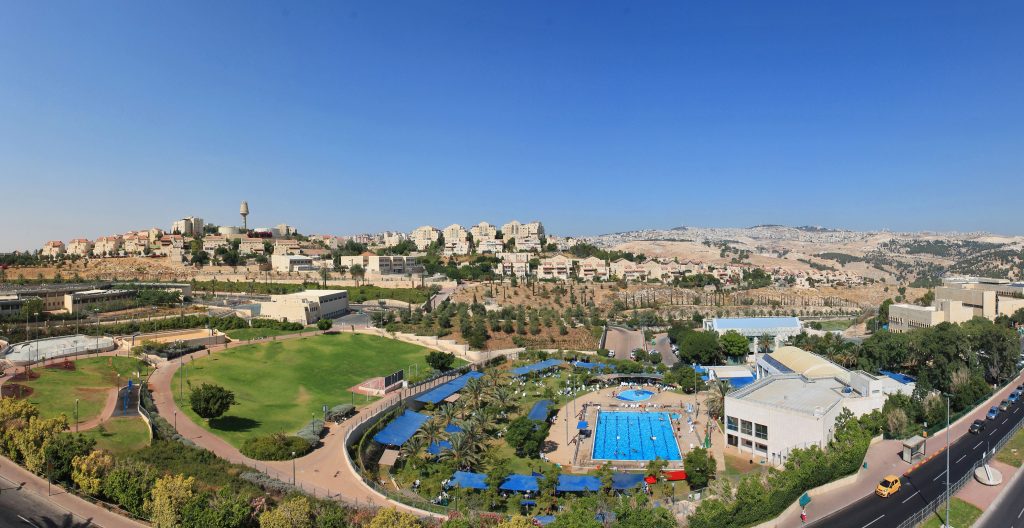
It has been described as “Zionism at its best” by supporters and “doomed to the future of Israel” by critics. This week saw revived promotion of the E1 settlement’s plan, long dormant under global pressure, when Israeli Finance Minister Bezalel Smotrich stated he would sanction more than 3,000 housing units in the contested Jerusalem-Maale Adumim corridor. His words were blunt: “This reality finally pins down the idea of a Palestinian state, because there is nothing to recognise and no one to recognise.”
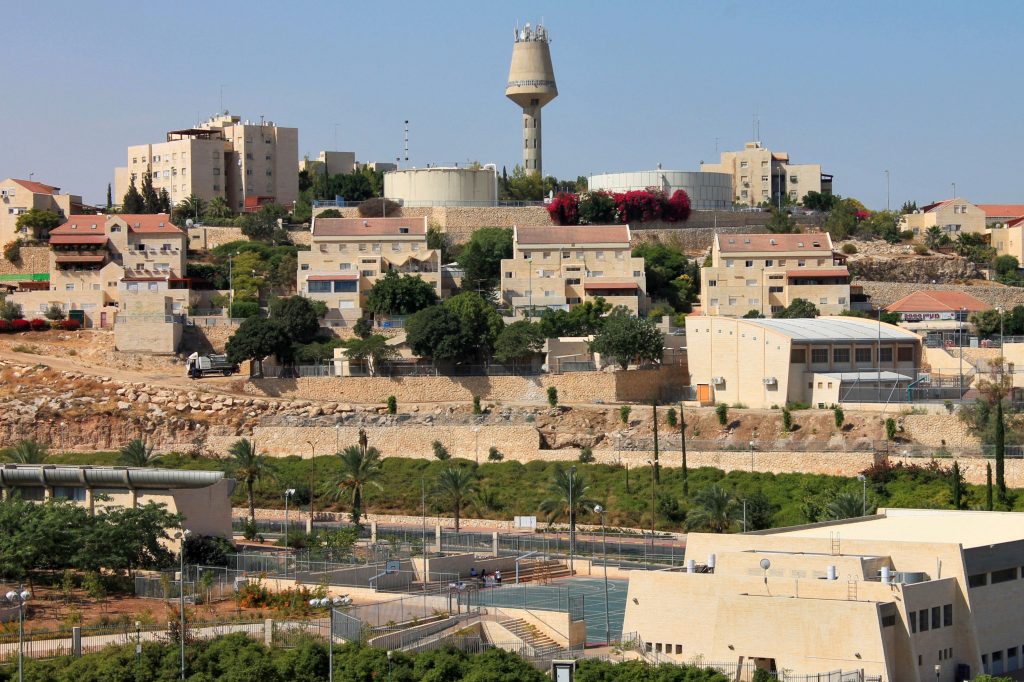
What the E1 Plan Actually Is
The E1 project has been years in the making. First proposed in the 1990s, it entails building thousands of housing units east of Jerusalem to link the city to Maale Adumim. On a map, it would divide the West Bank north and south, cutting it in half, leaving East Jerusalem separated from the rest of the territory. To Palestinians, it would be the loss of a contiguous land mass to the future state. To most of Israel’s ultranationalist leadership, it’s a long-standing strategic and ideological objective.
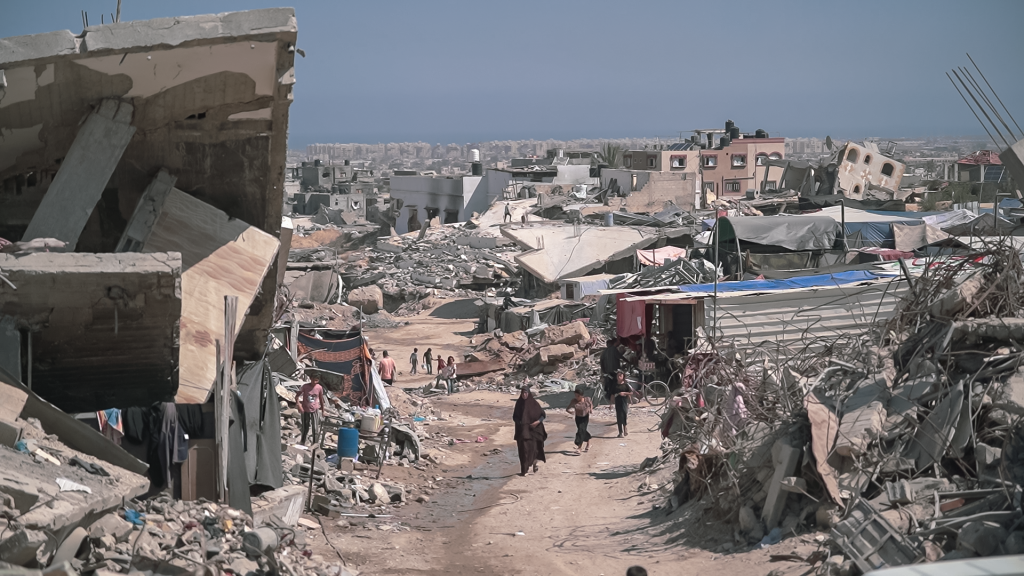
Why This Moment Matters
Its return is timely amid rising geopolitical tensions. Several states recently signaled in the past month that they would accept a Palestinian state at the United Nations in September. Smotrich introduced the E1 move as a slap in the face to such declarations, as an “answer on the ground” instead of in diplomatic documents. The decision also comes on the heels of a chronic state of war in Gaza, which human rights groups such as Breaking the Silence warn is being exploited as a pretext for additional West Bank annexation.

The Global Backlash
Reactions were instant. UN spokesperson Stephane Dujarric warned, “It would put an end to expectations of a two-state solution. Settlements are an international law violation. [and] further entrench the occupation.” The EU urged Israel “to desist” from the plan, with senior diplomat Kaja Kallas calling it an international law breach. British Foreign Secretary David Lammy termed it “a flagrant breach” that had to be stopped immediately. Norway, Egypt, and Qatar also weighed in with condemnation, casting the move as part of a wider “Greater Israel” strategy.
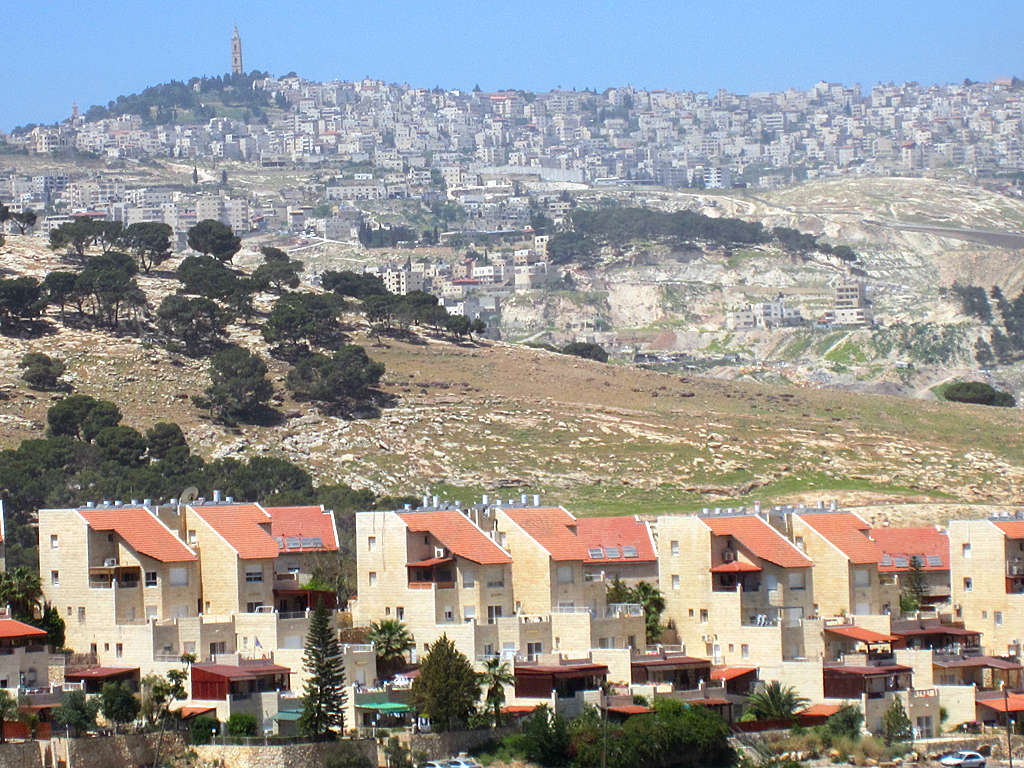
The Numbers Behind the Expansion
Peace Now reported that in addition to the E1 push, Israel approved 4,030 new housing units in the West Bank this week alone. Of these, 3,300 are in a new Maale Adumim neighborhood, representing a 33 percent increase in the settlement’s housing stock despite its population holding steady at around 38,000 for a decade. Critics argue this raises “serious questions about the need for the E1 plan” at all, given the scale of expansion already underway.

The Stakes for Palestinian Statehood
Settlement expansion like the E1 settlement undermines sovereignty by fragmenting land into disconnected enclaves, claims Palestinian political analyst Reham Owda. The West Bank is already dissected into three giant blocs and dozens of minute cantons by settlements, bypass roads, and the separation fence. This not only restricts urban growth but also endangers access to water settlers consume about 32 percent of groundwater, while Palestinians consume just 18 percent and ruins agriculture through land confiscation and destruction of olive groves.

Israel’s Strategic Framing
Supporters of E1 say it has “strategic, security and demographic” benefits. Maale Adumim Mayor Guy Yifrach referred to it as a “Zionist response of settlement and nation-building.” Smotrich has always associated the plan with biblical and historical interests, saying the land was “given by God” to the Jewish people. This language speaks very strongly to parts of Israel’s settler movement, which sees the project as a milestone of a mission of a generation.
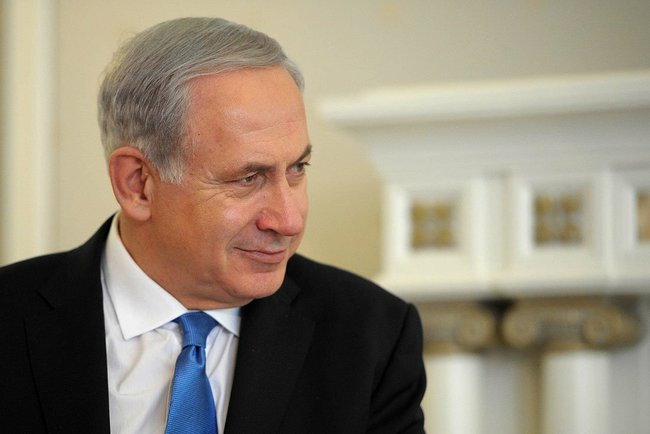
Diplomatic and Political Risks
Despite Smotrich’s assertion that the plan is supported by Prime Minister Benjamin Netanyahu, Netanyahu has said nothing about it. Observers comment that proceeding with E1 would further isolate Israel diplomatically, especially among Western allies already criticizing it for its war in Gaza. Even with the green light for planning, construction could be delayed if political prices become too steep. Nevertheless, the approval process will likely go forward, with definitive approval set for August 20.

Coming to Terms with the News Without Losing It
For politically engaged watchers, announcements like this one can trigger a sense of powerlessness or frustration. Experts in conflict reporting recommend anchoring oneself in verifiable facts, like the precise geographical impact of E1, rather than sliding into worst-case assumptions. Monitoring several, reliable sources both local and international can help one stay on track. And while headlines may seem day after day intolerably gloomy, history has shown that diplomatic ground can shift in a moment; keeping space for such an opportunity is a way of staying engaged without growing tired.
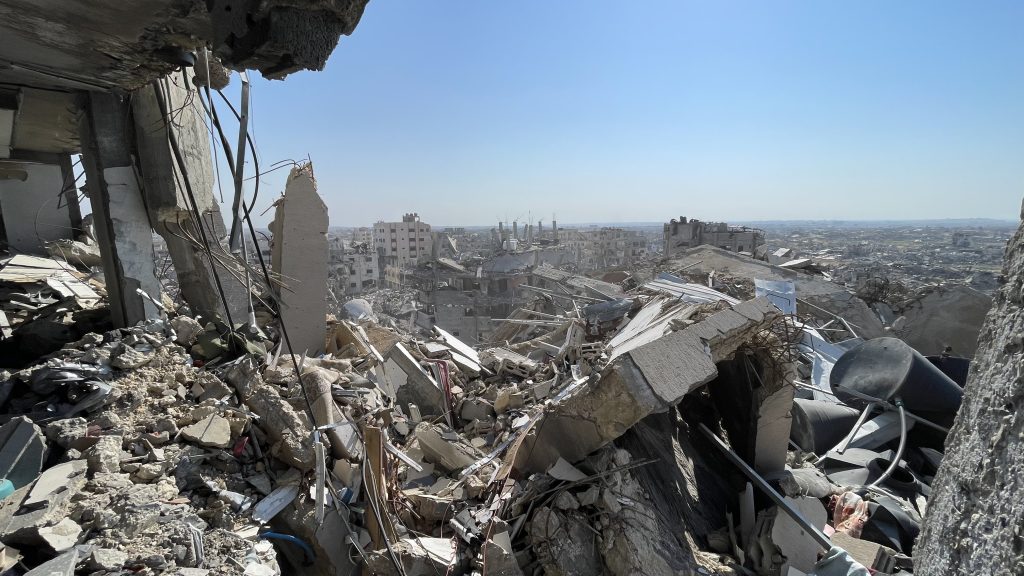
The E1 move is not a building plan it’s a tinderbox in a decades-old war over land, identity, and the fate of two states. As the Higher Planning Council sits next week, the world will be watching not just the bulldozers, but also the broader political tides this act creates.


